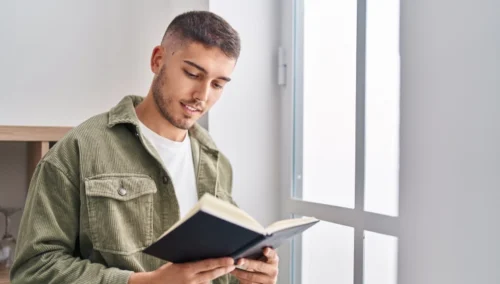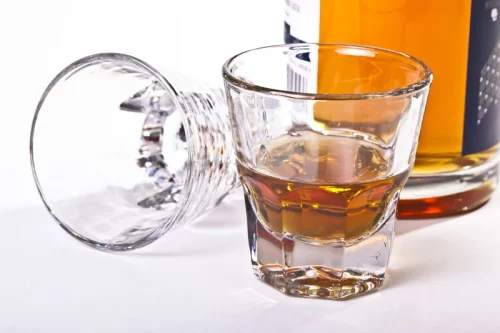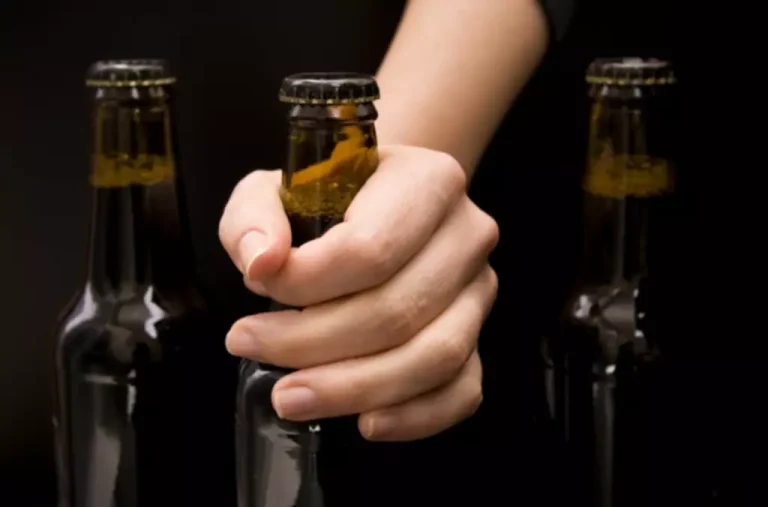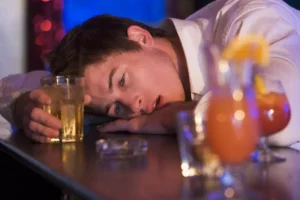
CBT-I is a first-line treatment for insomnia, both in those with and without alcohol use disorder. Alcohol withdrawal insomnia is so common that it is one of the diagnostic criteria for alcohol withdrawal. Insomnia from alcohol withdrawal is likely to persist through the initial period of abstinence. Insomnia after alcohol withdrawal may, in some cases, persist for months or years. Insomnia is one of the largest setback triggers for people in recovery from an alcohol use disorder. One study shows that this is the reason about 10% of people drink alcohol.
Insomnia: How do I stay asleep?
- Depending on the timing of alcohol and consumption, alcohol levels can continue to rise during sleep and lead to alcohol poisoning.
- The interplay between alcohol consumption and sleep disorders is a critical area of concern for both individuals and healthcare professionals.
- RISE can send you a personalized reminder for when to stop drinking each night.
- Researchers have found that insomnia is a risk factor for alcohol abuse.
Just like the variances seen in the science behind insomnia after alcohol detox, the duration of insomnia after quitting is equally diverse. Alcohol withdrawal can be an emotionally turbulent period for many. The ascent on the anxiety and stress scale during this phase is a common observation. Now, link this fact to another – stress and anxiety are known adversaries of a good night’s sleep. The rebound effect is a principal actor in the drama of alcohol withdrawal and the resultant insomnia. As we bid goodbye to alcohol, our bodies fight to restore equilibrium.
- Alcohol roughly leaves the body at an average rate of 0.015 grams per 100 milliliters per hour.
- Knowing when to seek treatment for alcohol addiction can make a profound difference in your health, relationships, and overall quality of life.
- They may recommend different treatments for different types of insomnia.
- Although sleep disturbances are common during alcohol detox, ongoing problems hint at more severe issues.
Can’t Sleep Without Alcohol? Issues With Drinking To Fall Asleep
Your body will rapidly get used to your schedule, and you’ll discover that falling asleep and waking up will be a lot easier. In fact, having a drink before bed might actually have a negative impact on the quantity and quality of your sleep. If you can’t sleep without alcohol, I’m here to help you make impactful and positive changes in your life. CBT-I https://ecosoberhouse.com/ has proven effective in treating chronic insomnia, teaching individuals to revise beliefs about sleep that aren’t helpful. By altering poor sleep behaviors and replacing them with healthier ones, people can improve sleep over time. Meditation, in particular, aims to focus the mind and detach it from daily stressors that could hamper sleep quality.
Craving Sugar After Quitting Drinking? Here’s Why – And How to Cope
If you’re struggling to incorporate different relaxation techniques into your routine instead of alcohol, consider joining a support group. Groups are a great way to find support and can offer additional information and advice from personal experience. If you would like to explore aromatherapy, it’s important to first check with a doctor.
Health Categories to Explore
Alcohol also affects people with central sleep apnea (CSA), which occurs when the brain periodically stops sending certain signals involved in breathing. Alcohol interferes with the brain’s ability to receive chemical messages involved in breathing, which decreases the body’s respiratory drive and increases the likelihood of pauses in breathing. The typical sleep cycle begins with three non-rapid eye movement (NREM) stages of sleep and ends with rapid eye movement (REM). During sleep, the body cycles through all of these stages every 90 to 120 minutes, with NREM sleep dominating the first part of the night and REM increasing during the second part of the night.
Press Play for Advice On Sleep Hygiene
In addition to altering your sleep architecture, alcohol can disrupt your sleep by interfering with contributing to sleep disorders and interfering with circadian rhythms. If you have an alcohol abuse problem, you how to sleep without alcohol may take longer to fall asleep and get less REM and sleep overall, both when drinking and when in withdrawal. You may also experience insomnia and sleep disturbances when drinking and years after you’ve quit.


Communicating with individuals experiencing similar issues can provide a sense of communal sharing, reducing feelings of isolation and promoting positivity. Remember, these are averages based on research and does not apply uniformly to every individual experiencing insomnia after quitting alcohol. It always does good to approach this journey of recovery patiently and optimistically, savoring every little milestone along the way.
Consider Sleep Aids if Appropriate

Recent studies have explored these nocturnal effects and their correlation with next-day performance. They highlight the complex relationship between alcohol consumption and sleep quality. Early recovery can be a difficult time, because trying to get and stay clean can be very challenging. It is our mission at Encore Outpatient Services to help individuals learn skills like how to sleep without alcohol to navigate living a life in recovery and improve their lives. The early stages of recovery can be a precarious time rife with the cravings and the temptation to relapse. Experiencing insomnia is already difficult for someone who does not have a substance use disorder and is even more difficult for those who do.
Leave a Reply